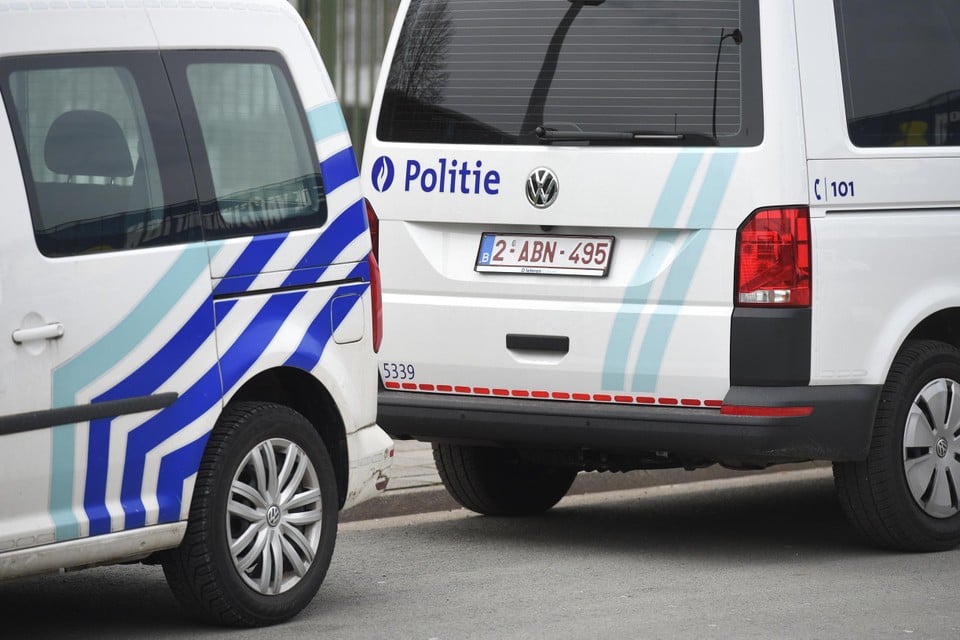Russian GPS disruption is getting deeper and deeper into European airspace. What are the consequences?

Russian jammers disrupt the GPS signal in an ever larger part of the European airspace. This is apparent from an analysis of aircraft navigation data by NRC. It ensures that European passenger flights that GPS use to determine their location must regularly deviate from their route or cannot leave at all.
In about 40 percent of Finnish, Polish and Romanian airspace, pilots can no longer always trust GPS navigation. In the Baltic States and Moldova, this even applies to more than half of the airspace.
This week it is exactly two years ago that Finland joined NATO. The disruption in Finnish airspace has increased sharply from that moment. According to experts, Russia uses the jammers as a geopolitric weapon.

Certainly tens of thousands of European flights have been hit by disruption in the last two years. The affected area has therefore grown strongly in the same period. Two years ago, GPS disruption only came for the Russian border, now the disturbance signal reaches up to 280 kilometers in European airspace.
The growing reach of the jammers increases the problems for European aviation, writes EASA, the European Aviation Safety Agency, in response to questions from NRC. « As a result, the disruption can become new escape routes, sites and in particular airports, which are less well prepared for the loss of the GPS signal. »
Although modern aircraft can usually fall back on alternative navigation systems, according to EASA, the added effects of disruption can « have negative effects on flight safety ».
Kaliningrad and Simferopol
Experts and European authorities unanimously point to Russia as a source of the disruption. Digital amateur researchers have previously identified two locations in Russia where the interference signals most likely come from. They did that through it to calculate the center between thousands of disturbed aircraft. One likely source lies in the Russian enclave Kaliningrad, the other northeast of St. Petersburg.
Bound signals in the airspace of Romania and Moldova can be traced to Simferopol on the Crimea occupied by Russia in Ukraine.
And the disruption in Finnish and Norwegian Lapland, which has also increased, probably has a fourth source. According to the Norwegian authority for telecommunications, that source is also Russian. The Finnish telecom authority wants to handle Russia NRC Not mentioning, but says that « the disruption does not come from Finnish territory. »
The disruption is hitting European passenger aircraft, but can also have a military target. Precision bombs and aircraft use the same system: GPS.
That aircraft cannot calculate a location should be a geopolitical goal, says Patrick Bolder, Defense expert at The Hague Center for Strategic Studies (HCSS): « It is part of the hybrid warfare, a bullying to make life for the Western European citizen less pleasant. »
According to Bolder, this can lead to anxiety among aircraft passengers and falling turnover for airlines. « There may be Finns who think: we have become a NATO member and immediately suffer from the Russians. Do you have to do that, such a NATO membership? »
Another reason is defensive, Bolder says: « Evening drones and precision-guided missiles depend on GPS to achieve their goal. By disturbing that signal, Russia protects its own territory against attacks. »
Tickets of the past three years show how the GPS disturbance is spreading. The airspace of Europe looks different when Russia still has to start with the large -scale invasion of Ukraine.
In the Baltic states, where the airspace has since been largely disturbed, the consequences can already be felt. Last year, airline Finnair suspended all flights to Tartu in Estonia for a month. The relatively small airport did not yet have alternative navigation systems. As a result, it was not possible to land safely. Because no other airlines fly on Tartu, the airport was temporarily out of use.
Despite the big impact, European leaders often remain silent about the disruption by Russia. Eight European countries, including the Netherlands, have recently a complaint filed In the United Nations about Russian GPS disturbance, so revealed News hour Two weeks ago. But there is no response to the complaint yet, which is also not public.
Active conflict
The American think tank CSIS registered last year a report that for GPS disturbance « there have been no reprisals from the United States or any other country to date. » According to Clayton Swope, defense specialist and author of the report, that is because countries want to retain the privilege of using GPS disturbance themselves when they end up in an active conflict.
« But with the Baltic states or Finland there is no active conflict. There is no reason there to see the disruption as a war measure to protect their own troops. » He thinks Russia will continue to broadcast the disturbance signals because it gives a dominant position and there are no clear repercussions. « They think, leave the equipment on. »
When a flight to Helsinki was canceled last summer because of GPS disturbance, Hanna Räsänen, Member of Parliament, also stood for the center party in Finland, for a dense gate. « Oh oh, Russia, » she wrote on x. Due to the delay, she missed a committee meeting on Defense.
Read also
Finding the way without satellites is becoming increasingly important.

:format(webp)/s3/static.nrc.nl/wp-content/uploads/2024/10/23160653/data123146685-e03af9.jpg)
/s3/static.nrc.nl/images/gn4/stripped/data133306951-418567.jpg|https://images.nrc.nl/Aqhex4vuXDkTG2ibAuxQ999h3pQ=/1920x/filters:no_upscale()/s3/static.nrc.nl/images/gn4/stripped/data133306951-418567.jpg|https://images.nrc.nl/IUxmNDWQ6SsEQ92WXa797HqINn0=/5760x/filters:no_upscale()/s3/static.nrc.nl/images/gn4/stripped/data133306951-418567.jpg)
/s3/static.nrc.nl/images/gn4/data133314127-765aec.jpg)
:format(webp)/s3/static.nrc.nl/wp-content/uploads/2025/06/05163439/data133217982-f902a2.jpg)




